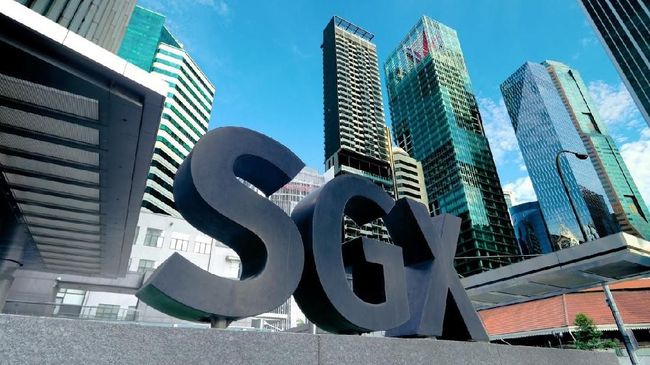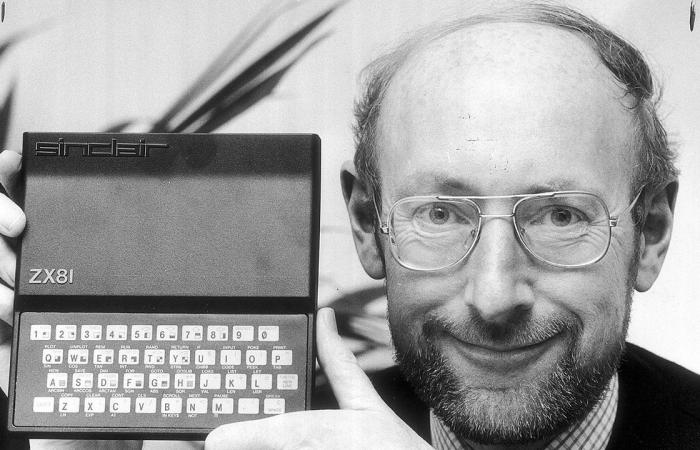Jakarta, CNBC Indonesia – The Singaporean government announced that it will prepare several steps to boost their capital growth by accommodating initial public offerings (IPOs) of emerging technology start-ups.
This step was prepared to lure technology companies into doing IPOs on the Singapore Exchange. Especially now that Singapore’s capital market is starting to lag behind a number of capital markets in Asia, including Hong Kong and Indonesia.
Quoted from an exclusive interview with CNBC International, Lee Boon Chye, Chief Executive of the Singapore Exchange, said that Singapore is a favorite listing destination for real eastate companies.
Although it already has technology companies such as Nanofilm listed on the stock market there, the Lion Country wants to attract other technology companies to immediately list their shares on the Singapore Stock Exchange.
Nanofilm Technologies International is a company that provides coatings and protective materials for smartphone and television.
Nanofilm made its trading debut on the Singapore Exchange last year, and made Nanofilm the first largest non-REIT (real eastate investment trust) IPO in years.
Other Strategies
Furthermore, the Singapore Government together with Temasek, a state-owned Singapore investment company, will assist companies to raise capital through primary and secondary IPOs.
In the first phase, the funds will be provided in the amount of SG$ 1.5 billion or equivalent to US$ 1.1 billion (around Rp. 16 trillion, exchange rate of Rp. 14,300/US$).
Other steps were also announced by the Singapore government, including the Singapore Investment Board (EBD) which will at a later stage provide new funds for investment in the company until the shares are listed on the Singapore Exchange.
The funds will be given to companies with a value of up to SG$ 500 million, equivalent to Rp 5.3 trillion (exchange rate of Rp 10,566/SG$).
Next, the next strategy is regarding the issue of financial regulators. Later, the Central Bank of Singapore or the Monetary Authority of Singapore (MAS) will increase grants to help companies finance listing fees.
Lastly, the Singapore Exchange (SGX) will help companies to raise funds before being listed on the stock exchange board.
Singapore’s Minister of Trade and Industry Gan Kim Yong in his speech admitted that the incentives launched are not magic bullets, but he believes this will be able to become a new wind and make the Singapore Exchange not only a viable option but also attractive for innovative companies that are growing and want to go public.
Gan Kim Yong also said that currently there are four start-up local Singaporeans have achieved “unicorn” status and are worth US$1 billion. Of the four, the newest is start-up Carousell.
SPAC list
The Singapore Exchange in recent years has also issued several measures to increase IPOs.
Even earlier this month SGX even announced new rules to allow the listing of special purpose acquisition companies or SPACs (special purpose acquisition companies, blank check companies).
This move is seen as a way to revive the IPO market in Singapore.
Reuters noted, this year, the Singapore stock market has actually outperformed many of its regional exchanges, even the benchmark Straits Times index rose around 7.8% at the close of trading Thursday (17/9).
But the initial public offering on the Singapore Stock Exchange did not look very attractive.
Even in the first half of this year, Singapore was only able to attract three IPOs which generated a value of around US$ 200 million or equivalent to Rp 2.9 trillion.
Compared to Hong Kong, it is quite far behind where the Hong Kong Exchange was able to list 46 companies for listing and raise funds of up to US$ 27.4 billion or equivalent to Rp. 392 trillion.
In Indonesia, the Director of Corporate Valuation of the Indonesia Stock Exchange (BEI), I Gede Nyoman Yetna Setia, revealed that as of September 16, 2021, there were 38 companies conducting IPOs with emissions of Rp 32.14 trillion.
“This value represents the largest amount of funds raised by the company through an IPO since the Government of the Republic of Indonesia reactivated the capital market in 1977,” said Nyoman, to the media crew, Friday (17/9/2021).
(bag bag)
– .

